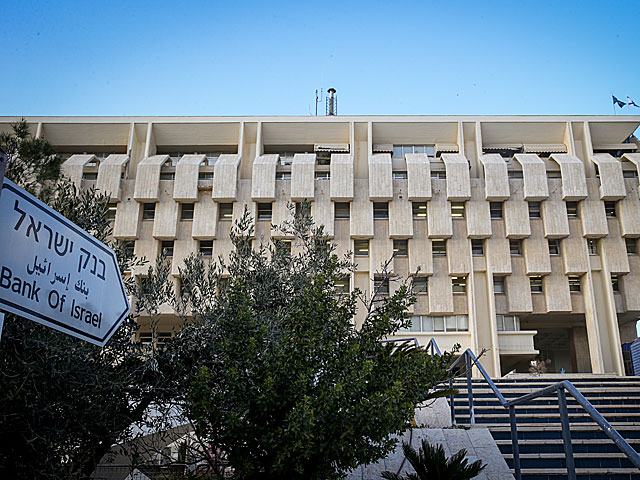The Bank of Israel has published a report on the country’s economy for 2023, which lists all the economic events and aspects that influenced Israel’s economic development in the past year. According to this document, last year was influenced by two very significant events – the government’s promotion of judicial reform, as well as Black Saturday and the War of Iron Swords.
GDP grew by just 2% in 2023, indicating zero per capita growth. In the last quarter of the past year, GDP decreased by 5.6% due to the consequences of the war, the evacuation of the population of the north and south, the closure of many enterprises and a decrease in the volume of work in many others.
The inflation rate, which was 5.4% at the beginning of the year, under the influence of the government’s restrictive monetary policy, fell to 3% by the end of the year – to the upper level of the target inflation included in the state budget. The process of increasing the Bank of Israel interest rate, which began in April 2022 after a long stabilization, continued: in the first half of 2023, the interest rate was increased by 1.5 percentage points to 4.75%.
The rise in interest rates before the war led to a decline in consumption and an increase in private savings. The pace of lending to small businesses and the volume of consumer loans decreased. The real estate market continued to decline, and apartment prices fell. Until the middle of the year, rental prices grew, then growth began to slow down.
At the beginning of the war, the use of Palestinian workers in all sectors of the economy was completely stopped, which greatly affected, first of all, the construction industry and industry.
The increase in the budget for military needs in 2023-2024 has already reached the 100 billion shekels mark. With the outbreak of the war, the risks of lending to Israel increased, but subsequently the increase in risks decreased. If at the beginning of the war the shekel exchange rate began to decline, then it recovered and returned to the pre-war level.
Immediately after the outbreak of war, the Bank of Israel announced its intention to sell bonds worth $30 billion. The government and the Bank of Israel have introduced a number of lending measures targeting small businesses and war-affected households. Experts expect the economic impact of the war to continue over the medium term, and the additional costs of rehabilitation will require further fiscal adjustments to prevent the government debt-to-GDP ratio from increasing.
Prime Minister Benjamin Netanyahu received the Bank of Israel’s 2023 report during a meeting with Bank of Israel Governor Professor Amir Yaron at the end of last week. “The main data shows, first of all, very encouraging signs of a rapid recovery in both wages and employment,” Netanyahu commented on the report. “As for credit cards, expectations were exceeded even before the war. Of course, there are also unresolved tasks “But I think there is evidence that the economy is strong, that a recovery similar to what has happened in the past after wars and security crises is happening right now. I think that is a good and encouraging sign.”
“We need to adapt the defense budget to the needs that have emerged in this war, they also exist in the world,” the head of government added. “We must be much more independent in the production of the weapons we need. We will do this, but we will do it very responsibly and wisely, so that “Israel has become independent. We understand that we need to be immune to external pressure because we have to make our own decisions. One of the ways we can do that is through the strong economy that we have built here and will continue to build.”
